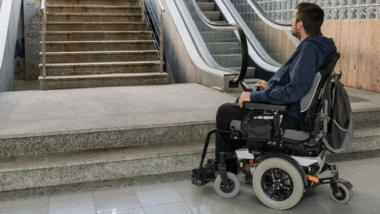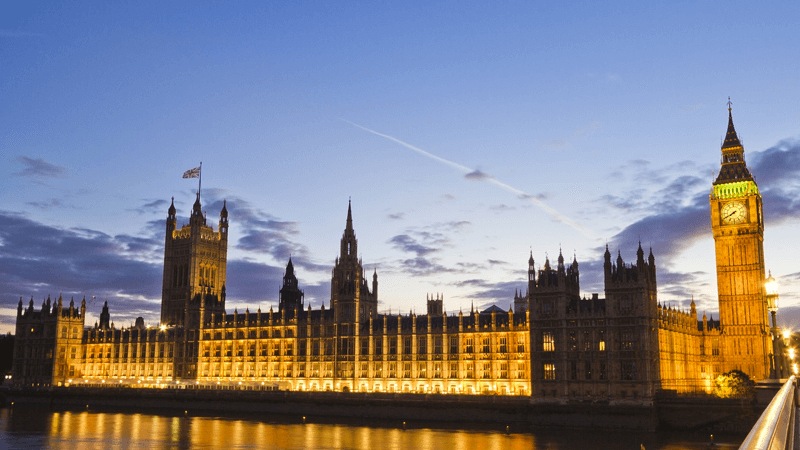MPs have continued to highlight striking flaws in Kim Leadbeater’s increasingly unpopular assisted suicide Bill.
Despite repeated warnings of the danger to vulnerable patients, the House of Commons voted to allow limited advertising for assisted suicide, and to allow doctors to raise it with patients. But MPs did ensure that it could not be discussed with 16 or 17-year-olds.
Under the Terminally Ill Adults (End of Life) Bill, patients deemed to be terminally ill and with less than six months to live would be allowed to receive help to kill themselves. The House of Commons’ final vote is expected to be held on Friday 20 June – at least 28 MPs would need to switch their vote to stop the Bill proceeding to the House of Lords.
‘Inexplicable’
Liberal Democrat MP Sarah Olney stated: “It is inexplicable to me that the impact on vulnerable people should be framed as removing barriers to accessing assisted dying, and not as it should be, the increased risk to their health and wellbeing that the passing of this legislation presents”.
She warned that “we are not thinking about the impact on our wider society of introducing the concept of lives not being worth living and how that may disproportionately affect our more vulnerable communities”.
Labour MP Melanie Ward warned: “This is a deeply flawed Bill, and the truth is that in seeking to give choice to some, it risks causing new harm to a much larger vulnerable group of citizens. And the safeguards which were watered down in Committee stage will not prevent this.”
Mental health
Conservative MP Dr Ben Spencer, who was an NHS doctor for ten years, told his colleagues: “I spent my career looking after people, many of whom present to me and mental health services with thoughts about wanting to end one’s life.
“Many of them have mental illness. Some have had terminal illness. The fundamental problem with this Bill is that it turns a complete blind spot to these people who are highly, highly vulnerable.”
Conservative MP Rebecca Smith also raised concerns that it would be “exceptionally difficult to say whether or not there have been errors or instances of abuse. Or at the very least, any errors which are picked up will be but a fraction of the true picture, as tragically those who would testify to this fact will already be dead.”
‘Shift in momentum’
The Christian Institute’s Deputy Director Simon Calvert stated: “This debate marks a shift in momentum.
“Despite the best efforts of Ms Leadbeater and her allies, MPs voted to ensure that assisted suicide cannot be raised with children. But alarmingly, the Bill still allows doctors to initiate conversations about assisted suicide with patients.
“We must continue to speak out against this radical Bill and the danger it poses to the most vulnerable in our society.”
Royal College of Pathologists
Earlier this week, the Royal College of Pathologists told Leadbeater that its members are “not qualified” to deliver the duties imposed on them by her assisted suicide Bill.
Senior Advisor on Medical Examiners Dr Suzy Lishman said that under clause 35, which dispenses with the need for a coroner to be notified of an assisted suicide, medical examiners would be obliged to scrutinise all such deaths.
She explained: “Lawyers, not doctors, are the most appropriate professionals to review these deaths. The medical examiner system was implemented to detect problems with medical care, not to identify discrepancies or malintent in the legal process required for assisted deaths.
“The training and resourcing for medical examiners to take on this new role would be significant, potentially taking medical examiners away from their current important role.”

More than 1,000 doctors urge MPs to vote against Leadbeater Bill
Concerns over Leadbeater Bill ‘safeguards’ causes disabled MP to drop support
Cancer patient criticises lack of mental health support for terminal illness

